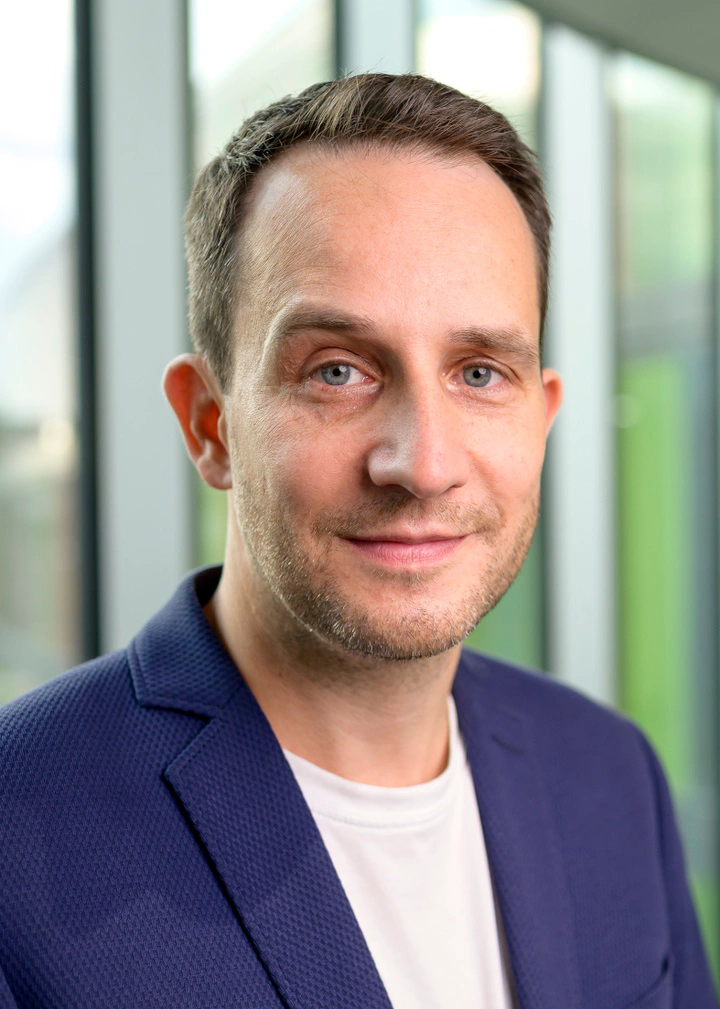AI in Computational Neuroimaging

Abstract:
Availability of large medical imaging data with increasing resolution and modalities pose challenges for traditional processing and analysis methods. Large cohort studies such as the ADNI, Human Connectome Project, UK Biobank, Rhineland study etc. collect data on 10-thousands of individuals. Investigations into etiology, progression, treatment, as well as risk and preserving factors of neurological and neurodegenerative diseases requires descriptive features, obtained by efficient automatic processing methods. Traditional approaches, however, can take several hours for a single image and, thus, do not scale well to large datasets nor can they provide quick results in clinical applications. We develop novel deep learning architectures for semantic segmentation. With FastSurfer, for example, we introduced a method that can achieve full brain segmentation into close to 100 structures in under 1 minute, with extensions to body fat segmentation in Dixon MRI, olfactory bulb segmentation as well as cerebellum and hypothalamus sub-segmentations. Furthermore, we push deep-learning methods beyond a fixed image grid in our recent multi-resolution FastSurferVINN approach and operate on geometric shapes for cortical parcellations.
Affiliations:
Dr. Reuter is Assistant Professor of Radiology and Assistant Professor of Neurology at Harvard Medical School in Boston, USA. He is also the Director of AI in Medical Imaging at the German Center for Neurodegenerative Diseases (DZNE) and full Professor at University Bonn. He, furthermore, holds a faculty appointment at the Martinos Center for Biomedical Imaging, Massachusetts General Hospital, and is Research Affiliate at the Computer Science and Artificial Intelligence Lab (CSAIL) of the Massachusetts Institute of Technology.